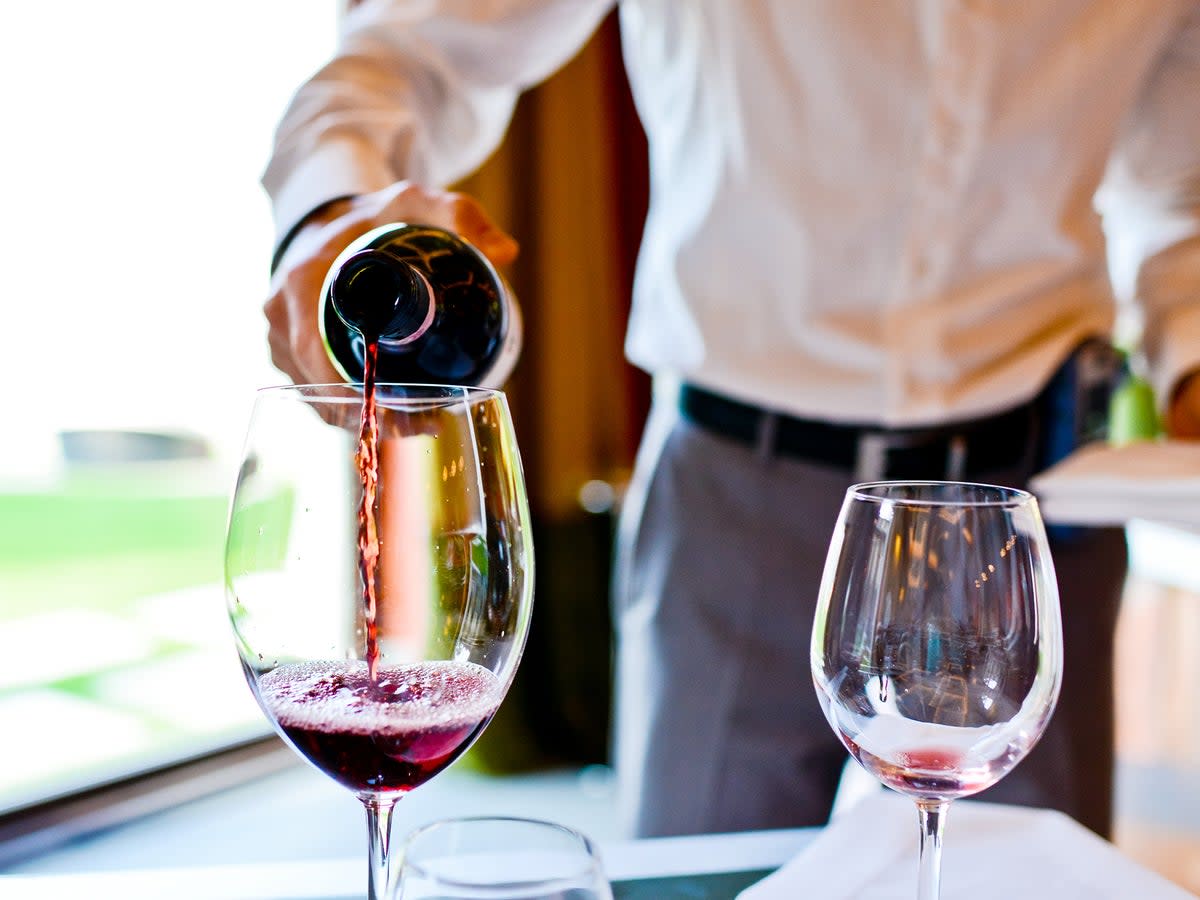Uncorked: How to order wine like a pro (even if you’re not one) in four simple steps

Ordering wine at a restaurant can be daunting, but with these four easy tips from our gurus at Independent Wine Club, you’ll be giving the sommeliers a run for their money in no time.
You don’t have to know your Bordeaux from your Beaujolais, but a bit of preparation will take you a long way. Master the basics, know what to look out for and remember some key phrases and you can look and sound like an expert even if you’re not.
Our column Uncorked, where we pour over everything you’ve ever wondered about wine, should have you well on your way to becoming one.
Rule 1: A little preparation goes a long way
Ask the restaurant to email you its wine list in advance. This way you’ll have selections in mind before you set foot through the door – and, as importantly, their page numbers.
Order the wine in advance so the sommelier can have your bottles waiting from you already decanted. Your guest(s) will be awed by such organisational skills.
Also given the preponderance of hard-to-spell wines from regions such as Sauternes or Burgundy (Chateaux Doisy Daene and Lafaurie-Peyraguey, or the vineyards of Auxey-Duresses and Pernand Vergelesses anyone?), ensure you choose something you can pronounce.
Rule 2: Be inclusive
Restaurants are often where we eat with people we don’t know so well. One of your guests might be a recovering alcoholic or vegan or like heavily oaked Chardonnay so your wine choice becomes trickier.
In such instances choose a Maconnais white – ideally a good Pouilly Fuisse (unfined) – and for a red a top but restrained Chateauneuf du Pape (ie less than 14% alcohol) or Super Tuscan Bordeaux blend.
All have the benefit of impeccable old world credentials and elan to please Europeans of retirement age but the ripe fruit and warm, rich character that fun, loud guests with a new world palate will enjoy.
You can also convince non-drinkers that this is not so much an alcoholic beverage as a noble exploration of ancient terroirs – a cultural journey they must embark on, despite the restrictions of their religion or parole terms.
Rule 3: Defer to the sommelier
To presume to know more than your sommelier about his own list (whether you do or not) is to discourage dialogue. If you insist you are an expert and you’re not, you will never learn or try anything new and will end up drinking the same overpriced Puligny Montrachet with which you are already over-familiar.
However, a few select phrases may help a relative novice earn a little respect: saying “I really enjoy New World Rieslings” (although you probably don’t) or “we have started getting in to Portuguese reds” (when you haven’t) are ways of announcing that you are a sophisticated, well-travelled oenophile and thus worth making an effort to impress.
This is a win-win situation as by palming off the burden of choice you minimise risk: if the wine chosen meets with approval you earn kudos; if it’s a stinker, then you can sigh: “it’s not what I would have chosen of course, but I wanted to give Andrea a chance to impress”.
Rule 4: Never taste the wine
Instead, passing the glass dismissively under your nostrils, without interrupting your anecdote, and give a quick nod of acquiescence if it’s good. Only if you actually smell something strange (sulphurous, eggy, fumey, excessively woody etc…) should you consider raising the glass to your lips.
If your concerns are not resolved by the taste then ask for the sommelier’s opinion. If they suggest the wine is fine, reply “perhaps a touch dusty” then/or “a little bottle funk, but we’ll see how it blows off in the decanter”.
The older and more expensive the wine, the greater the chance the sommelier will present it at the table but then open it off-stage. This is to allow them to sample it to ensure its condition because A, older vintages betray more complex often vegetal secondary and tertiary aromas that could be mistaken for faults by the less well-versed and B, because it’s a perk of an often thankless job. Anyone who objects to this is as vulgar as those who spend several minutes examining, inhaling, swilling and gargling their wines when asked to taste.
To learn more about Independent Wine Club and catch the latest cases before they sell out, sign up here.
Got a question for the wine gurus? Send it to hannah.twiggs1@independent.co.uk or tweet @hannah_twiggs.

